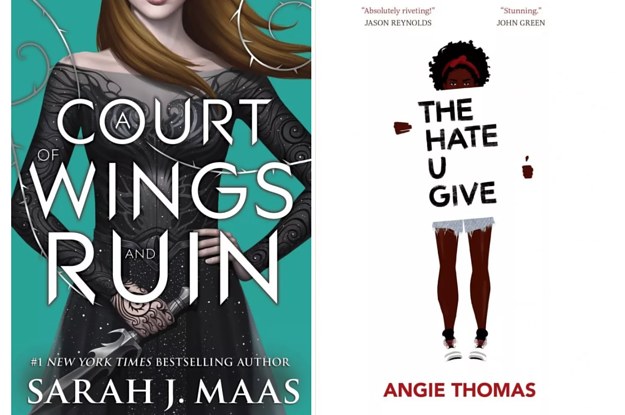

The answer is elusive and troublingly mysterious. politics or foreign policy, nor is it American racism or Islamophobia. But what of her original question? In her telling, the root of hate is not Islam it’s not U.S. Her portrayals of al-Qaeda and Islamic State fighters and sympathizers in countries around the world make her memoir a work of significant merit. On several occasions, she gets anonymous tips about imminent danger to her life and whether militants or hostile governments intend to kidnap, torture or rape her. She explains the nature of reporting on jihad in her role as a Washington Post national security correspondent, the time spent waiting for sources to call back, puzzling over whom to trust. In her memoir of 15 years of covering jihadists, journalist Mekhennet sets out to answer a perennial question: Why do they hate us? As a Muslim woman and brave, resourceful reporter who speaks English, German, French and Arabic, Mekhennet seems well-suited to the task. Review: If you’re a black man, expect police brutality under U.S. But the author is mad as hell at the police and the politics that empower their brutality. Some readers might object to Taibbi’s tone of sustained outrage. The narrative unfolds like an episode of “The Wire” but without the comic relief - or the show’s grudging empathy for the cops. The stories relate to one another and to the Garner case, which gives “I Can’t Breathe” the feel of a police procedural. Most revealing are the stories Taibbi tells about other African Americans, mostly male and poor, who were stopped and frisked, strip-searched, sexually assaulted, set up, beaten or killed for the tragic reason that racist cops didn’t like them or the even more tragic one that those kinds of humiliations are ordained by U.S. This gut-wrenching account of the death and life of Eric Garner is a deep dive into every aspect of the case, including its legal impact, which is minimal, and its cultural and political ones, which have been profound. Review: Putin’s Russia, guided by its totalitarian past, has no future Buy: $28

But you don’t need to agree with this assessment to find her book a sad, compelling indictment of the country where she was born, a country so traumatized by its monstrous past that it seems intent on repeating it. Gessen’s provocative conclusion that Putin’s Russia is just as much a totalitarian society as Stalin’s Soviet Union or Hitler’s Germany may not convince all readers. What makes the book so worthwhile are its keen observations about Russia from the point of view of those experiencing its heavy-handed state. It makes a convincing if depressing case that Homo Sovieticus, the unique species created a century ago with the Bolshevik Revolution, did not die out along with the Soviet Union.


Few accounts are as ambitious, insightful and unsparing as Gessen’s “The Future Is History.” This is a sweeping intellectual history of Russia over the past four decades, told through a Tolstoyan gallery of characters. Vladimir Putin has inspired a number of books seeking to explain his remarkable rise - and his remarkable hold on power. Review: Why an adolescent might either mug an old lady or help the needy Buy: $35 For any layperson who wants to understand why we behave the way we do, Sapolsky has created an immensely readable, often hilarious, romp through the worlds of psychology, primatology, sociology and neurobiology. A professor of biology and neurology at Stanford University and a recipient of a MacArthur Foundation “genius” grant, Sapolsky brings together a variety of scientific disciplines to tackle a fundamental mystery: What drives humans to harm each other or help each other? He finds the answers in our biology and takes readers on a journey through the nervous system, hormones, evolution and the environment. You’ll find yourself guffawing at Sapolsky’s quirky humor, and you’ll begin to question whether that decision you made so many years ago not to go into the sciences might have been too hasty. If you ever thought that neuroscience was too boring or complicated for pleasurable reading, “Behave” will change your mind.


 0 kommentar(er)
0 kommentar(er)
